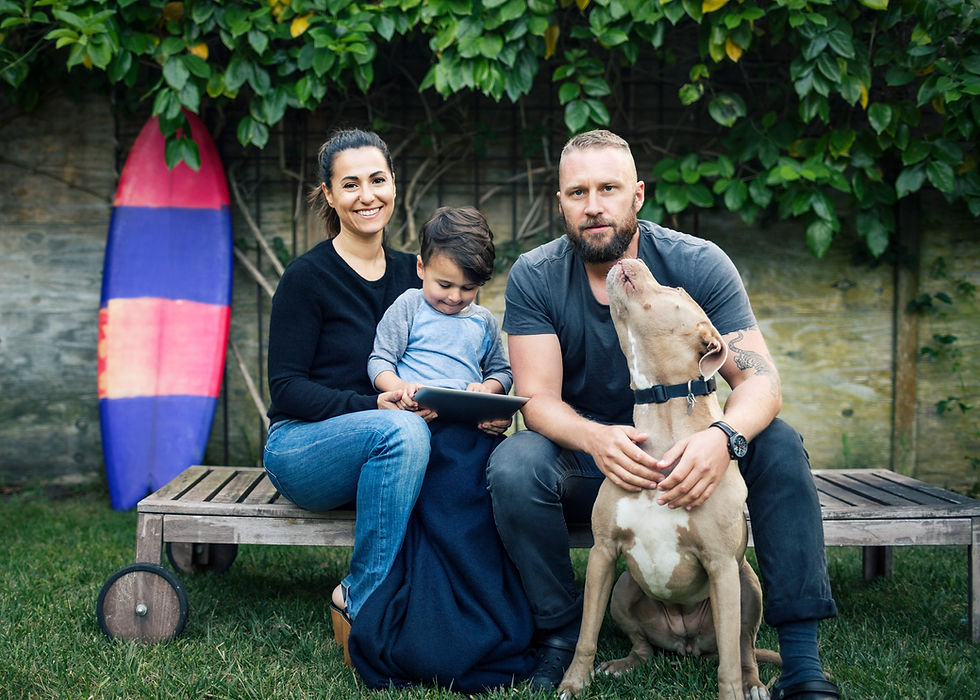Who Gets the Dog or Cat Upon Break-Up?

When a couple adopts a dog or cat together, they do not think about what would happen to their beloved companion if they split up. Specifically, who would get the pet? Would it be only one of them? Would there be a shared custody arrangement? What are the individual partners’ rights? Does the companion animal get a say, or have any rights, in all of this?
Those who truly love their companion animal, do not think this raises issues about “just” a dog or cat. Many people take pet custody issues just as seriously as child custody ones – as they should. Pets are indeed family members, and an increasing number of people feel that way.
The law, however, has been slow to catch up with societal feelings about, and expectations for, animals. Historically, courts in pet custody cases have said that pets should not be treated in law as family members, but rather as personal property. Some judges have also been outright annoyed that litigants spend precious court time fighting over pet custody issues. On March 25, 2020, a BC provincial court Judge similarly found that dogs are only property, and ordered that although the ex-partners are owners of both dogs at issue, each partner will be entitled to one dog, instead of continuing to be co-owners and sharing custody of both dogs.
In some cases, judges held that as distasteful as it may be, in the case of two loving and devoted pet owners, the court has to determine which one has the better property claim, and then award ownership of the pet to that person. Factors that courts have considered – and still consider – include who paid for the pet upon purchase or adoption? Who signed the purchase or adoption contract? Who has been paying for the veterinary bills, food, doggie daycare, and other expenses? Under whose name is the animal licensed at the veterinary clinic or with the City? Essentially, courts consider issues that can be proven.
I always believed that those judges, with respect, were wrong – or at least partially wrong. In my cases, I always argue that not only are the “black and white” factors (ie: those issues that can be proven, such as the ones listed above) important to consider, but the court should also consider what is in the best interest of the animal. Fortunately, courts in British Columbia have agreed with me; in that regard, the law is ahead in British Columbia than elsewhere in the country. Cases such as Kaczor v. Palfrey and Sagoo v. Murray all establish that the best interest of the animal should be considered too, and that it is not only about deciding the legal entitlement to the pet. Judges are also starting to use language such as “mother” to describe what has been traditionally known as a pet “owner” or guardian.
In another recent British Columbia provincial court case, the court went even further. For the first time in Canada, the court went against what other judges have said and done, and held that not only should the best interest of the animal be considered, but that the court also has the jurisdiction (ie, power) to make a shared custody order. However, in other cases, including the case of March 25, 2020, courts have said that they “should not be in the business of making shared custody orders”, and that deciding those issues takes time away from more “important” matters. With respect, if courts have time to deal with mundane issues such as boring contractual disputes, or litigation over who gets the fancy car or furniture post-divorce, surely the court indeed should be “in the business of” deciding on matters that are fundamentally important, such as the lives of animals.
More broadly, there is increasing recognition in the judicial system across Canada that animals are indeed important, and although they are technically still “property”, they are a special kind of property, that should have unique considerations. There is no question that laws and decisions from the courts need to go much further, and to outright recognize certain rights and protection for animals, including when it comes to pet custody issues. In the meantime, I intend to continue pushing the envelope, so that animals are treated better under the law.
Rebeka Breder is a Vancouver lawyer, who exclusively practises animal law at Breder Law – the first law firm to exclusively provide animal law services in Western Canada. She is a founder of the University of British Columbia Animal Law course and has been its adjunct professor, she is the founder of the Canadian Bar Association Animal Law section, and she was on the Board of Directors of the Vancouver Humane Society for over ten years. She was recognized as one of Canadian Lawyer’s Top 25 Most Influential lawyers in 2019, winning the Changemakers category.

























































































